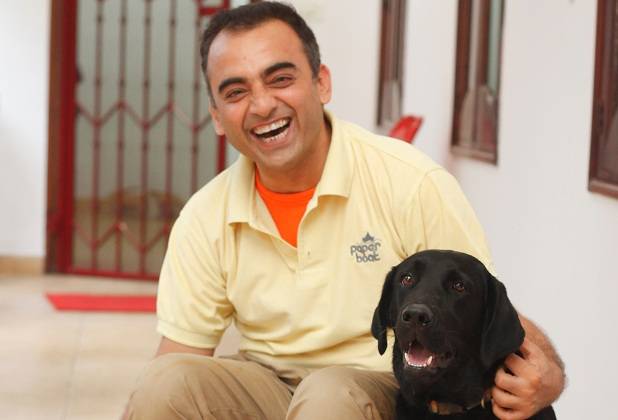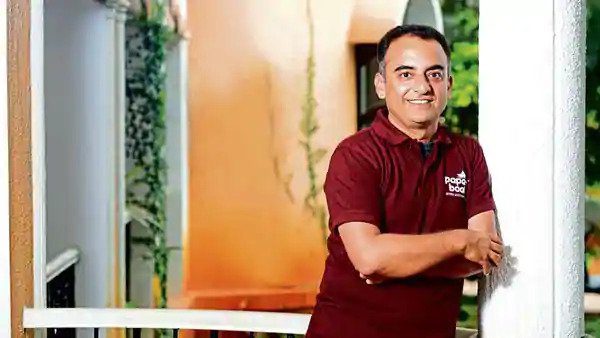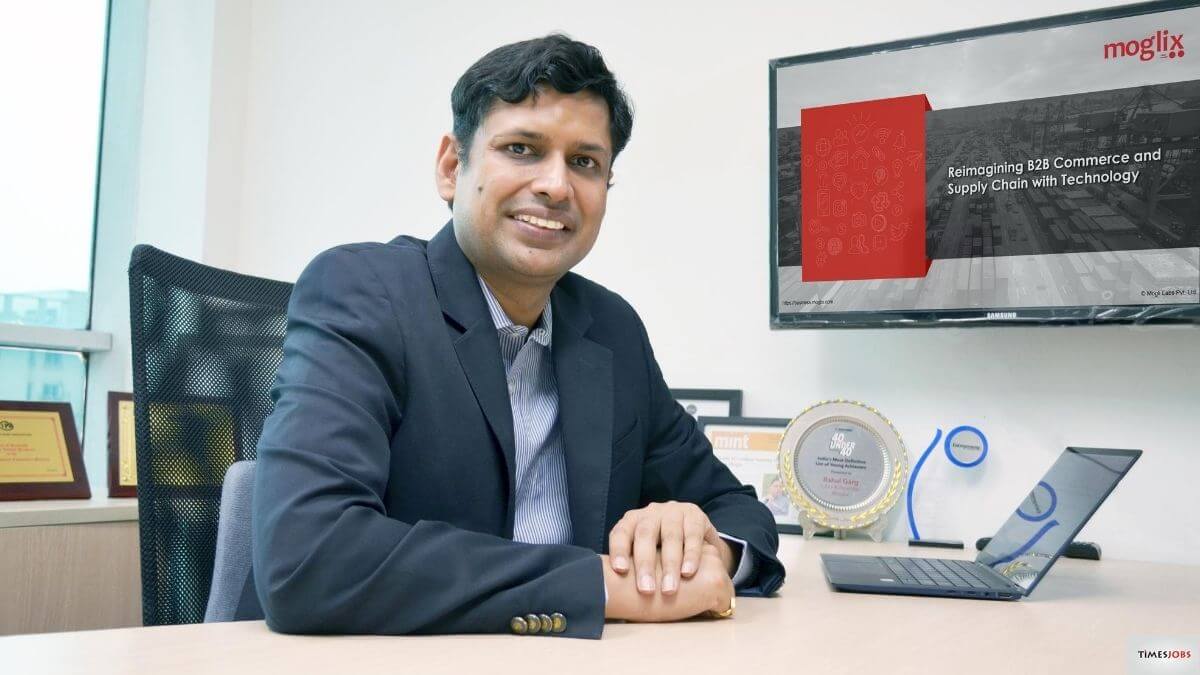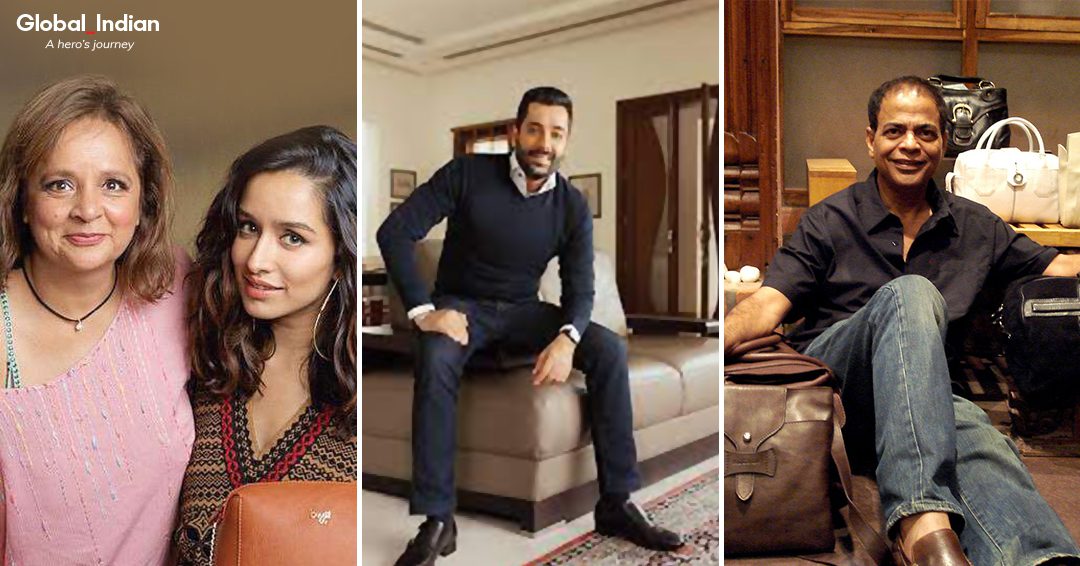(July 28, 2021; 6.15 pm) What are some of your earliest memories? We bet it involves happy times spent with your family and friends over some cherished food or beverage. For instance, it could be chugging a chilled glass of buttermilk after a summer afternoon spent playing in the sun with cousins. Or it could be haggling with the neighborhood chaat wala for an extra cup of spicy golgappe ka paani. Or sneaking into the kitchen to take a swig from that jug of sherbet your mother had prepared especially for the guests due to arrive at any moment.
Somehow, memories and food go hand in hand. For Neeraj Kakkar, co-founder of Hector Beverages, it was this need to keep alive traditional recipes and innocent memories that drove him to launch the Paper Boat range of juices. Made with all natural ingredients just the way our mothers and grandmothers did all those years back, the Paper Boat range offers 13 varieties of traditional Indian drinks. These range from the much-oved aamras, aam panna, neer mor, panakkam, chilli guava, thandai, sherbet-e-khaas, rose tamarind, and kokum.
How it all began
As a young boy growing up in Haryana, Kakkar was especially fond of Kaanji, a drink made of fermented purple carrots and mustard. His family lived in a large house that also accommodated several other families; their landlady Maati would painstakingly make a large pot of kaanji and place it in the patio. Each child was given a glass… one glass strictly. The drink was delicious and Kakkar always wanted more. He resorted to swiping an extra glass for himself when nobody was watching. When he was caught, of course, he got into trouble, he said during a TED talk.
Several years later, as a young man, Neeraj Kakkar wanted to drink kaanji again; the flavors still fresh in his mind. He also wanted to introduce it in his line of products at Paper Boat, the company he had launched in August 2013 along with Neeraj Biyani, James Nutall, and Suhas Misra under the parent company Hector Beverages. The idea for Paper Boat came up during an office lunch between the co-founders as they mulled over potential business ideas. Commercial production of traditional Indian drinks was hitherto unheard of in a market that was largely dominated by carbonated beverages.
Paper Boat launched with two products: Aam Ras and Jaljeera; both well-known and well-loved across India. The idea took off and today the company offers several more varieties, some of them seasonal. The name Paper Boat too was specifically chosen to invoke a feeling of nostalgia. In 2016, Kakkar had famously said that every product launched by his company would have a tinge of Indianness; and the company has so far stayed true to his word.
#CartsofIndia: Golgappa Edition
The omnipresent street food snack cart. Just around the corner, up the road from where we live, on the main road, even! Devoured all over the country, Pani Puri single-handedly unites India's tastebuds! pic.twitter.com/F5ckfXU0i9— Paper Boat (@paperboatdrinks) June 17, 2021
From Haryana to the US and back
Interestingly, Neeraj Kakkar had worked for nearly seven years with Coca Cola in India, before he did his MBA from The Wharton School in Philadelphia where he was a Palmer Scholar, one of the highest academic honors. He co-founded Hector Beverages with Biyani, Misra and Nutall in 2009 and they began manufacturing Tzinga, an energy drink. The company was backed by Narayan Murthy’s VC firm Catamaran and Bangalore-based Footprint Ventures had also invested ₹6 crore. By 2013, the company had raised a second round of funding of $8 million from Sequoia Capital and Paper Boat was launched later that year.
The team was bent on preserving traditional recipes and spent quite a few months on R&D. As they expanded their product portfolio, Kakkar still wanted to introduce his beloved Kaanji into the market. However, to his surprise the market was overtaken by the common orange and red varieties of carrots and farmers had all but stopped growing purple carrots. The teams research led them to find that purple carrots were being grown in Turkey. So Kakkar flew to Turkey, filled up a suitcase with 20 kgs of purple carrots and flew back to Delhi… only to have his entire stock confiscated. Crushed, Kakkar did the next best thing. He began importing purple carrot seeds from Turkey and had them planted in three cities: Palampur, Ujjain and Ooty. After 13 continuous trials they finally got a crop in Ooty and the company set about producing Kaanji. It’s a different story that the drink didn’t pass the quality test and had to be temporarily shelved.

Neeraj Kakkar
Mentors who shaped him
While initially retailers were sceptical to stock the Paper Boat line, the drink eventually grew in popularity and is now available through various channels. But for Kakkar, who has been reinventing the whole ethnic beverage industry, there are key lessons he’s learnt from three mentors who shaped his perception of entrepreneurship. “First, Kanwaljit Singh, co-founder at Helion ventures, exposed me to the world of entrepreneurship during my internship period there. Kanwal encouraged me to work with a few startups in Bangalore who were doing interesting jobs. He also recommended food to be the best sector to start; when Hector Beverages was launched, he became our angel investor,” said Kakkar in an interview in Medium.
The second was Shripad Nadkarni, head of marketing at Coca Cola, and Kakkar’s former colleague, who helped them with the marketing and branding of the company. And the third was Narayana Murthy. “I would say the value system of our organization in some ways is a reflection of his personality. He has also been with us from day zero. He doesn’t interfere with our day-to-day work — he doesn’t tell us about what to do with our strategy, however on the value system, he has always had strong viewpoints and he kind of makes sure that we do not deviate from the right path,” he says.
Challenges to overcome
While the company saw an uptake in sales in FY2020, the COVID-19 pandemic has affected Paper Boat sales in a large way, given the lockdowns and travel restrictions. Airports and Railway stations were important touch points for the brand. While production was completely halted for a brief period in 2020, it gradually resumed as the lockdowns eased. Now, the company is looking to expand its online-only range of products in a bid to thwart the effects of the pandemic and its resultant losses.
Read a similar story of Raj Patel, an Indian-American winemaker.


